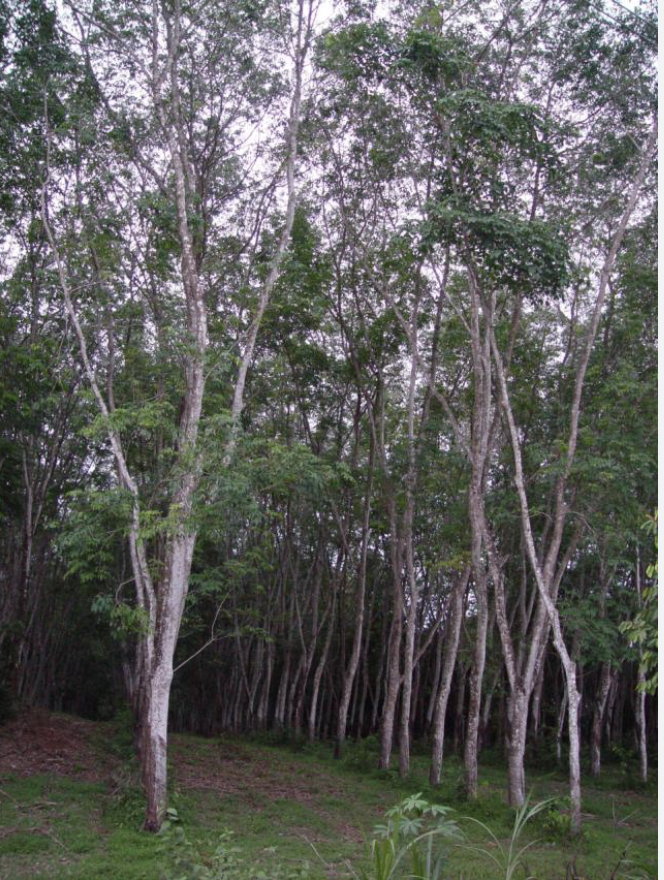Thailand is currently experiencing a notable increase in local rubber prices, with rates climbing to 90 THB per kilogram, the highest seen in seven years. This surge in Thai rubber prices is primarily attributed to a growing global demand for the commodity. To capitalize on this positive trend, the government is focusing on boosting rubber productivity through the adoption of precision agriculture techniques and aiming to increase exports to neighboring Malaysia.
Efforts are also underway to curb the influx of illegal rubber into the country, indicating the possibility of further price hikes in the future. Prime Minister Srettha Thavisin, during his official visit to Germany, expressed confidence in the continuous uptrend of Thai rubber prices driven by global demand. He highlighted the significance of enhancing productivity through precision agriculture and expanding exports as key strategies to capitalize on this market dynamic.
The rubber industry holds a pivotal position in the Thai economy, contributing significantly to both employment opportunities and export earnings. It impacts the country in various ways:
- Employment: The rubber sector serves as a vital source of employment for numerous individuals across Thailand, encompassing roles in rubber plantations, latex processing, product manufacturing, and logistics.
- Export Revenue: Thailand relies on rubber as a major export commodity, shipping natural rubber, rubber sheets, and various rubber products to international markets to generate foreign exchange and bolster economic growth.
- Foreign Exchange Reserves: Revenue from rubber exports aids in maintaining foreign exchange reserves, crucial for upholding the stability of the Thai currency and promoting international trade.
- Rural Livelihoods: The presence of rubber plantations in rural regions supports local communities by providing income opportunities, thus contributing to rural development.
- Downstream Industries: Besides raw rubber exports, Thailand boasts a thriving downstream rubber industry, manufacturing a range of products such as tires, gloves, footwear, and automotive parts. This sector enhances job creation and diversifies the economy.
Prime Minister Srettha Thavisin emphasized the importance of preventing Thailand from merely being a transit point for rubber trade. He highlighted the government’s commitment to controlling the rubber trade sector and safeguarding against illegal activities, such as the recent incident involving unauthorized rubber transportation to Myanmar. By ensuring robust governance in the rubber industry, Thailand aims to seize the potential for increased rubber prices and further economic benefits.
READ MORE STORIES: https://bangkokone.news




